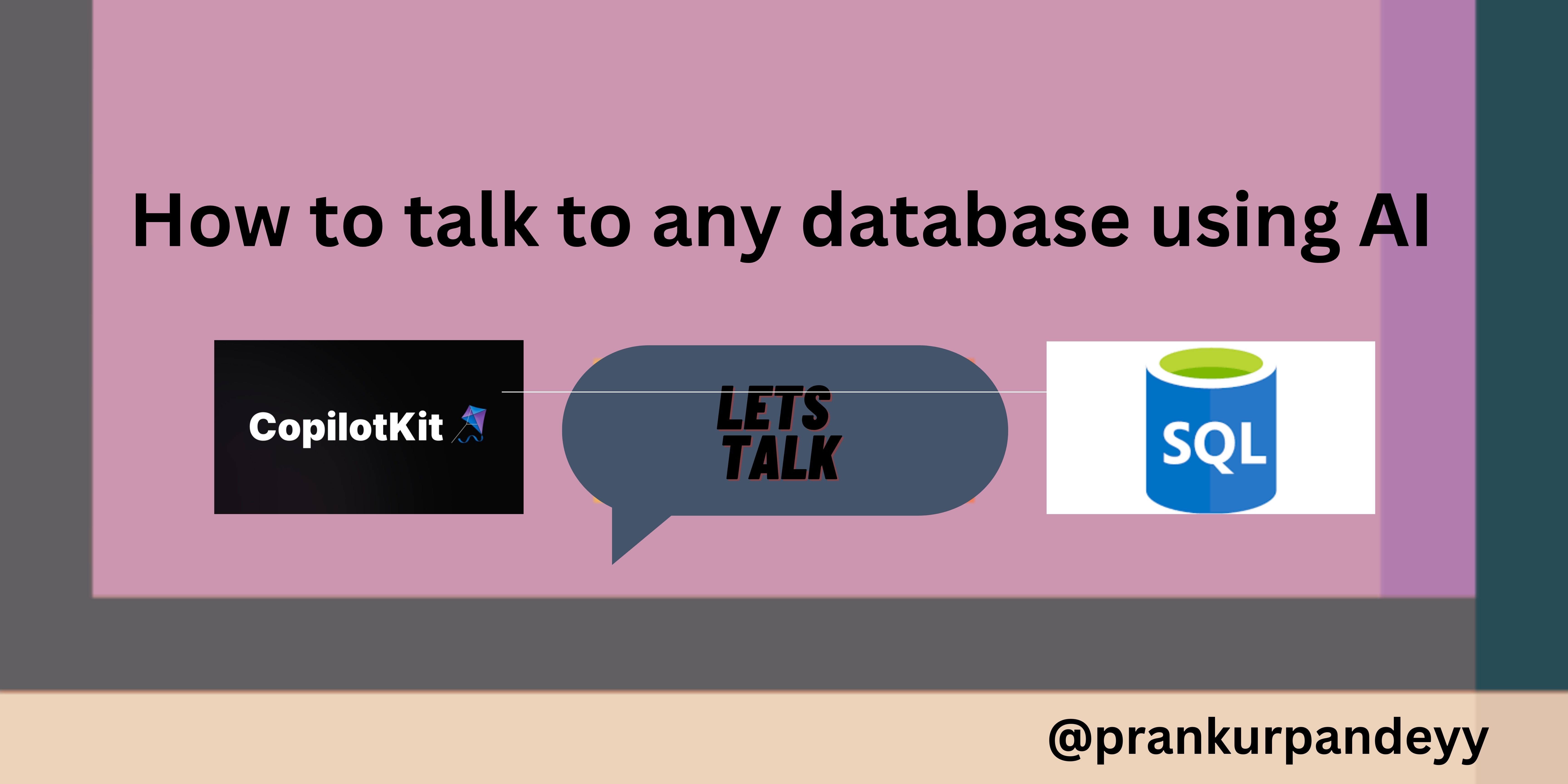Hackers Exploiting YouTube to Deliver Malware Bypassing Antivirus Detections
Cybercriminals are increasingly leveraging YouTube’s vast platform to distribute malware, bypassing traditional antivirus detections and exploiting users’ trust in the popular video-sharing site. Security researchers have uncovered a sophisticated campaign where threat actors are hijacking YouTube channels and using them to spread info-stealing malware disguised as cracked software and game cheats. The attackers are targeting […] The post Hackers Exploiting YouTube to Deliver Malware Bypassing Antivirus Detections appeared first on Cyber Security News.

Cybercriminals are increasingly leveraging YouTube’s vast platform to distribute malware, bypassing traditional antivirus detections and exploiting users’ trust in the popular video-sharing site.
Security researchers have uncovered a sophisticated campaign where threat actors are hijacking YouTube channels and using them to spread info-stealing malware disguised as cracked software and game cheats.
The attackers are targeting well-established YouTube channels, some with hundreds of thousands of subscribers, to lend credibility to their malicious content.

These compromised channels are then used to upload videos purporting to offer free versions of premium software or game hacks, complete with download links in the video descriptions or comments.
Investigate Real-World Malicious Links, Malware & Phishing Attacks With ANY.RUN – Try for Free
Hackers Exploiting YouTube
What sets this campaign apart is the attackers’ use of legitimate file-hosting services like Mediafire and Mega.nz to host their malicious payloads.
By leveraging these reputable platforms, cybercriminals make it significantly more challenging for security software to detect and block threats.
Additionally, many of the malicious downloads are password-protected and encoded, further complicating analysis in security sandboxes and allowing the malware to evade early detection.
The primary malware being distributed in this campaign is a variant of the Lumma Stealer, a sophisticated information-stealing trojan. Once installed on a victim’s system, Lumma Stealer can harvest a wide range of sensitive data, including:
- Saved passwords and autofill data from web browsers
- Cryptocurrency wallet information
- Steam and Discord tokens
- Credit card details
- Screenshots of the victim’s desktop
This attack is particularly insidious because it exploits users’ desire for free or cracked software. The threat actors create convincing installation guides and incorporate malicious URLs, often shortened using services like TinyURL and Cuttly to further obfuscate their true nature.
Security experts warn that this campaign is part of a broader trend of increasing infostealer attacks. In fact, infostealers were reported to be the most prevalent type of malware observed by Mandiant Managed Defense in 2023. The stolen data is often sold on underground forums, fueling a thriving cybercriminal ecosystem.
To protect themselves, users are strongly advised to:
- Avoid downloading cracked or pirated software
- Be wary of videos promising free versions of premium applications
- Double-check the legitimacy of download sources, even when linked from seemingly trustworthy YouTube channels
- Keep antivirus software up-to-date and use additional security layers like web filtering
As this threat continues to evolve, it’s clear that relying solely on antivirus software is no longer sufficient. Users must adopt a more holistic approach to cybersecurity, combining technological solutions with heightened awareness and caution when interacting with online content, even on familiar platforms like YouTube.
The cybersecurity community continues to monitor this campaign closely, working to develop new detection methods and educate users about the risks.
However, as long as there’s demand for cracked software and game cheats, cybercriminals will find innovative ways to exploit that desire, making user vigilance more critical than ever in the ongoing battle against malware.
Find this News Interesting! Follow us on Google News, LinkedIn, and X to Get Instant Updates!
The post Hackers Exploiting YouTube to Deliver Malware Bypassing Antivirus Detections appeared first on Cyber Security News.



![Building High-Performance React Native Apps[Tips for Developers]](https://media2.dev.to/dynamic/image/width%3D1000,height%3D500,fit%3Dcover,gravity%3Dauto,format%3Dauto/https:%2F%2Fdev-to-uploads.s3.amazonaws.com%2Fuploads%2Farticles%2Fpaj5xnd2z7tv9jv3rd16.png)










.webp?#)







